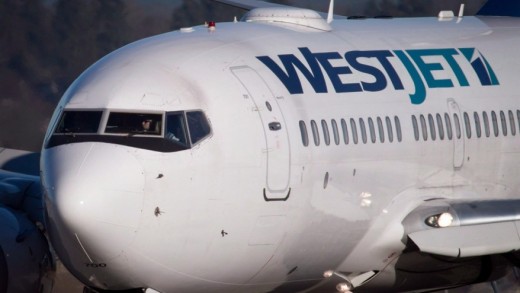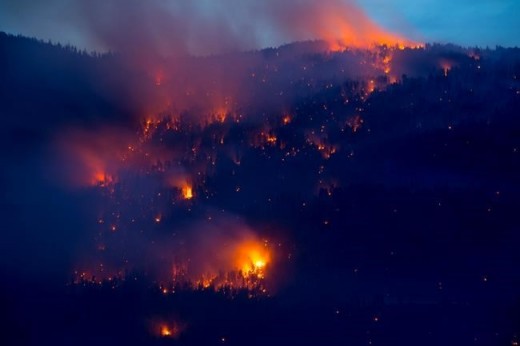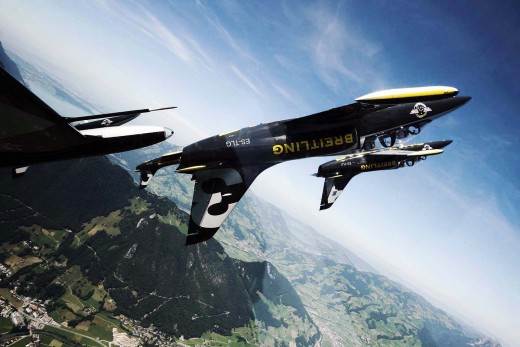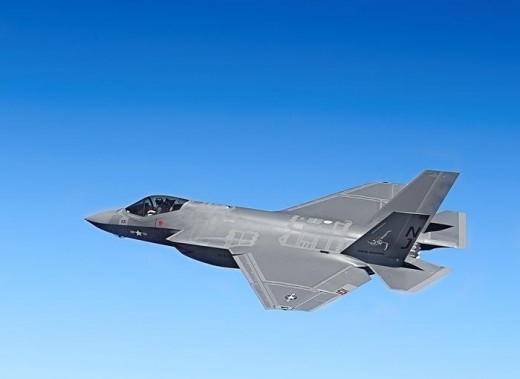 Scroll Down to see all of this week’s updates
Scroll Down to see all of this week’s updates
WestJet Pilots Reject Union

WestJet pilots have rejected forming a union by a small but decisive margin.
In a vote held over the last couple of weeks, 55 percent of the 1,247 who voted rejected the idea. The WestJet Professional Pilots Association, which was heading up the unionization movement, said 561 voted yes, 684 voted no and there were two spoiled ballots.
The association said it was disappointed with the result but hoped the effort will produce lasting results nonetheless.
“We hope the open discussions that have taken place as part of this process will set the stage for constructive dialogue between our pilots and WestJet leadership going forward,” the association said in a news release.
WestJet management were naturally pleased with the outcome but they also threw an olive branch to the significant number of pilots who don’t seem to like the way things have been going.
“Despite the positive outcome, there is continued work that needs to take place to better understand some of the issues for our pilot group and we can now turn our efforts to that goal,” said CEO Gregg Saretsky.
One of the main sources of friction appears to be the different pay and working conditions for pilots working for WestJet’s new regional carrier Encore. Also, pilots wanted more clarity on the process of upgrading from first officer to captain according to a CBC report.
UAS Grounds Firefighters

Fire officials in Kelowna, B.C. says they’ve spoken with the man who was operating a small unmanned aerial vehicle at a forest fire near the Okanagan city earlier this week.
However there’s no word on whether the man will face charges for flying the aircraft over the fire, forcing the pilot of a helicopter bucketing water on the blaze to land. Ground crews spotted the UAS and alerted the pilot.
Ground crews were able to get the fire under control despite the interruption in aerial support but officials are imploring people to keep their UASs well away from forest fires that are burning in all corners of the province.
Although criminal charges haven’t yet been laid, the operator could face sanctions from Transport Canada. There was a temporary flight restriction in place for the fire and TC rules for UAS use explicitly ban them from the area of forest fires.
Local media in fire-sensitive Kelowna reported the story extensively and fire officials said they hope the resulting public attention will dissuade others from flying their UASs near fires.
Breitling Jet Team Canadian Debut

The Breitling Jet Team, which is an air show staple in Europe, is making its Canadian debut Friday.
The team, a seven-ship formation of L-39 Albatros jets, will perform in the Friday night demonstration at the Abbotsford International Air Show.
The team is on a two-year tour of North America that began at Sun ‘n Fun in Lakeland, Florida in April.
The Breitling team will also stop at the Canadian International Air Show in Toronto in September before heading off for more dates in the U.S. The team’s aircraft will undergo maintenance at Lakeland over the winter before hitting the road again next spring.
Meanwhile, aerial firefighting will be front and centre at Abbotsford. A 650-hectare fire is burning at Harrison Lake, about a 10-minute flight from the firefighting base at Abbotsford and aircraft will be cycling through the facility during the show.
Show organizers say they’ll just integrate the activity into the show.
Fighter Discussions Back

Now that the federal election has been called, those hoping to supply Canada with new fighter aircraft are resuming their public relations dogfight.
In late July, Lockheed Martin executive VP Orlando Carvalho reiterated his company’s warning that unless Canada places an order for its F-35, Canadian aerospace companies stand to lose $10.5 billion in work on the aircraft.
“If in fact the Canadian government were to decide not to select the F-35 we will certainly honour the contracts that we have here with the Canadian industry but our approach in the future would be to try to do business with the industries that are in the countries that are buying the airplane,” he told the Montreal Gazette.
There are 72 Canadian companies working on F-35 contracts worth a total of $500 million.
Carvalho was in Montreal for a groundbreaking ceremony at new engine overhaul facility but he had plenty to say about the F-35. His comments came amid rumours that the latest report to the federal government on the cost of the program is that the cost continues to rise.
Carvalho refuted that notion, saying his company is constantly reducing production costs and if Canada’s aircraft hit the production line on the current schedule they’ll cost about $85 million each when they’re built in 2018.
“As we continue to gain the efficiency on the production line, the learning, as we continue to build more and more airplanes, as the production ramps up, the cost of this airplane will only come down,” he told the Gazette.
Meanwhile, Boeing officials say they’re confident that Canada will cancel its sole-source agreement with Lockheed Martin and open the fighter program for bids. If it does, Boeing CEO James McNerney said his company’s F/A-18 Super Hornet will be a strong competitor.
